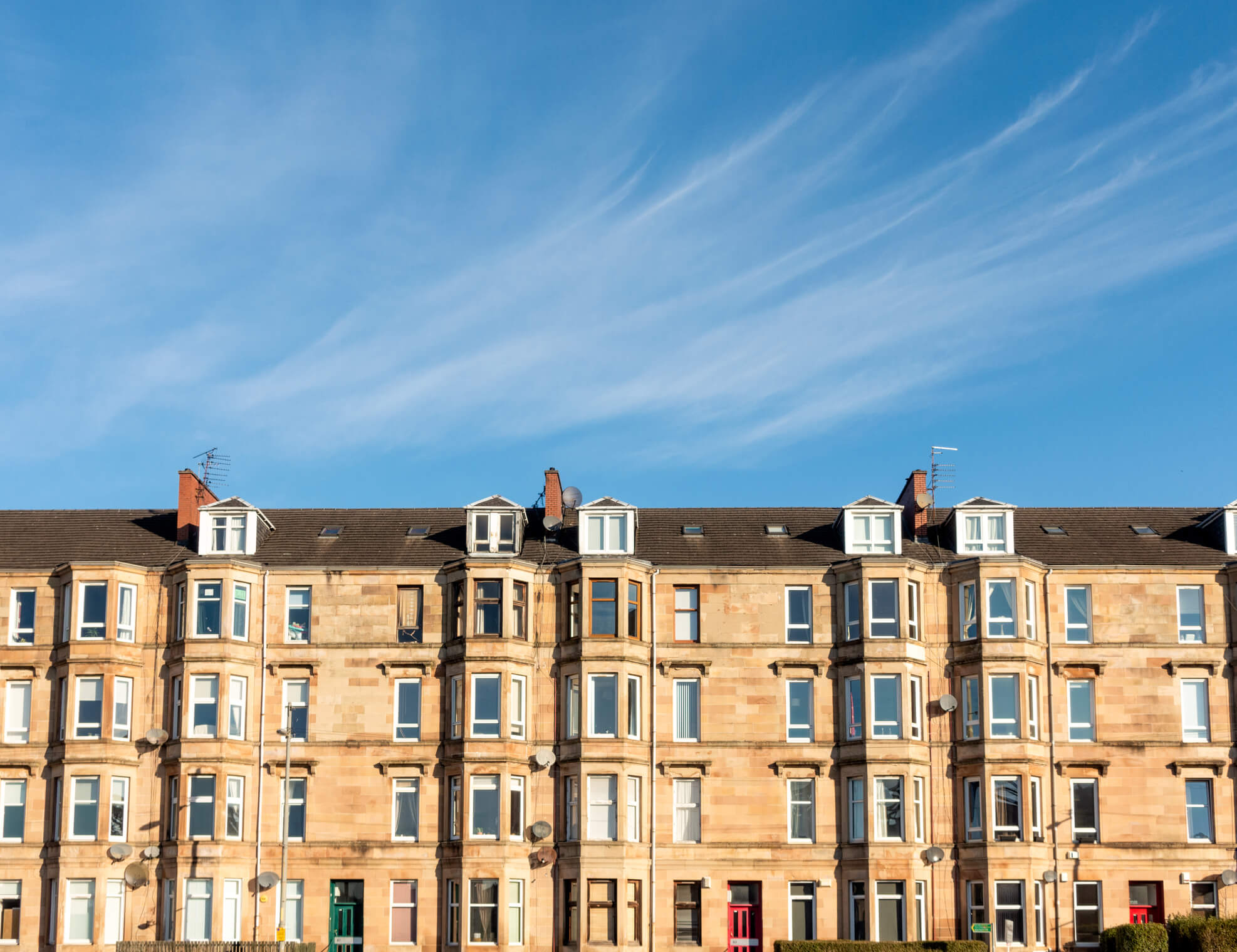What legislation is coming?
On 6 June 2025, new minimum energy efficiency standards (MEES) were proposed in the Scottish Government’s Draft Energy Efficiency (Domestic Private Rented Property) (Scotland) Regulations: consultation. This latest consultation proposes that the MEES must be met when properties are being rented to a new tenant from 2028 and to all privately rented properties by the end of 2033. Please note that the latest consultation closed for responses on Friday 29 August.
As part of Energy Performance Certificate (EPC) reforms, it’s planned that three new ratings will be introduced to EPCs in 2026:
- Heat retention rating
- Energy cost rating
- Heating system rating.
The heat retention rating will focus on how well the property retains heat through insulation and other factors, and will consider aspects such as the walls, floors, roofs and windows to show the performance of the building’s fabric. The proposed minimum energy efficiency standards set out that all privately rented properties will need to meet an EPC heat retention rating of band C.
The previous proposals that focused on a specific list of energy efficiency measures and upgrading the heating system to a clean heating option aren’t included in the latest proposal and won’t be taken forward.
It’s also proposed that if the MEES come into force and aren’t met, landlords won’t be allowed to rent the property out. This is unless all the relevant energy efficiency measures have already been installed and the property can’t meet a heat retention rating of band C, or it meets the criteria for the exemptions below.
Details of proposed exemptions
The Scottish Government is proposing that the new minimum energy efficiency standards regulations will apply to tenancies covered by the Repairing Standard, and so ‘any tenancy of a house let for human habitation’ except where the tenancy:
- Applies to an occupancy arrangement, for example a landlord shares their home with someone.
- Is for a dwelling that’s not a house, so mobile homes and other dwellings which are not part of a building are excluded from these standards.
- Is for a property excluded by section 12 of the Housing (Scotland) Act 2006 (ie social housing).
From 28 March 2027, the types of tenancy excluded from the Repairing Standard will change, and will be extended to include:
- the Crofters (Scotland) Act 1993
- the Small Landholders (Scotland) Acts 1886 to 1931, and
- the Agricultural Holdings (Scotland) Act 2003, including:
- 1991 Act tenancies
- short limited duration tenancies
- limited duration tenancies
- modern limited duration tenancies
- repairing tenancies.
The latest consultation also proposes a few main exemptions which include:
- The required measure/s are technically unsuitable for the property
- Required consents cannot be obtained from tenants, neighbours or planning authorities.
- The cost of the measures would be prohibitively expensive (a total cost cap of £10,000 is being proposed).
The consultation also outlines that there will be other reasons for not being able to install certain measures in some properties. Therefore, there is a mention of flexibility with some of the exemptions which could apply to more challenging properties.


